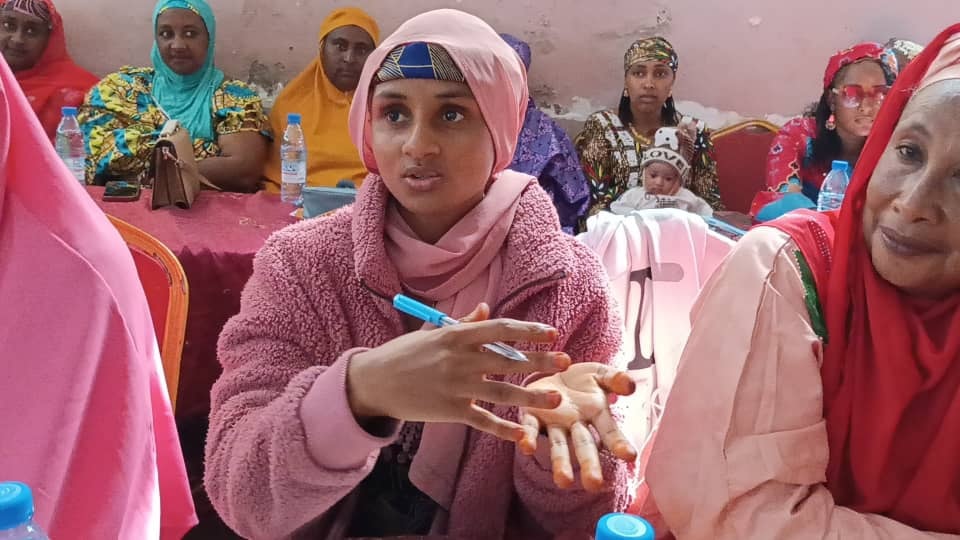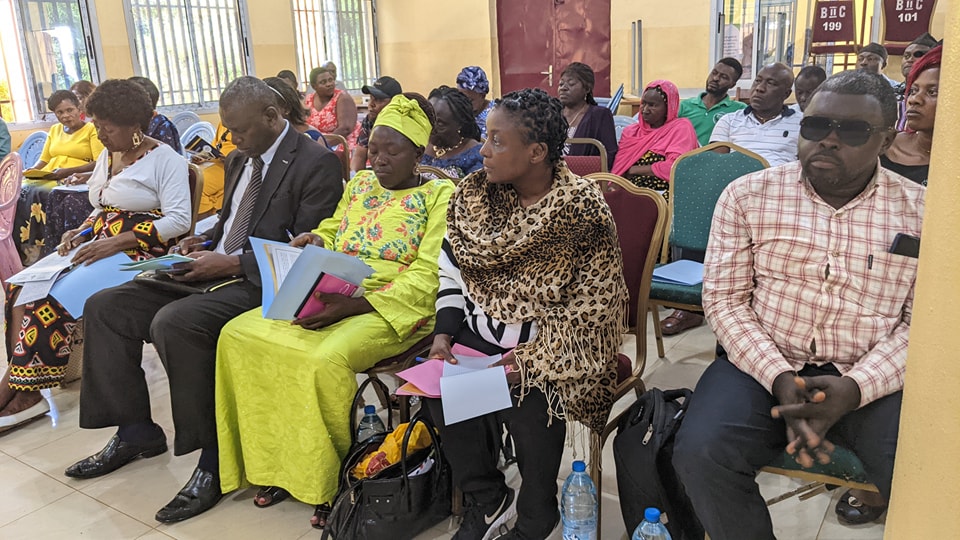CAEPA EMPOWERS 60 MBORORO WOMEN ON STORY TELLING TECHNIQUES

To strengthen the capacities of Mbororo women to better articulate their experiences on the struggles they face in land acquisition, CAEPA Cameroon has organized a 3 day story telling seminar for Mbororo women. This program is attended by 60 Mbororo women from Bamenda I,III and Tubah Sub Divisions of the North West. The aim is to empower these women to spear head efforts in accessing and owning land.
Facilitated by Aii Shatu Ali, the very 1st session centered on Understanding and identifying private land, public and communal land as well as understanding land inheritance reforms and actual ownership. Participants were drilled on the functions of government bodies, courts and local authorities in land acquisition. The session which was governed by plenary discussions, brought to limelight the shortcomings of the land law in Cameroon.
📖 Understanding Storytelling Strategies
Participants learned techniques for conveying messages with impact, connecting people through storytelling to drive action, and creating compelling narratives that build emotional intelligence.
As the session ensured, Mme Ali, took on, Understanding strategies for storytelling. This session led them into the techniques of conveying messages for impact. Participants were educated on the methods of connecting people through storytelling to derive action. Creating compelling narratives, building emotional intelligence, focusing on strong messages that uses conflict and solution for impact as well as keeping stories authentic as a means to derive change for gender equality, were the sub topics treated.
For so long I have desired this kind of seminar for women of my community. Never have we ever had a session like this on women's land rights. The program has helped these ladies to increase their capacities on writing for change and it has equally empowered them. Their participation has been amazing. They have been so open and have shared so many land struggle stories with us. Amazingly, they have been able to come up with action plans which they will use as we part ways from here.
Present at the meeting was Barrister Unusa Karimou, a Bamenda based Lawyer who admits that Mbororo women face stiff resistance in acquiring land "the land struggle stories they are sharing are all true. They need these lands for livelihood, survival and carrying out daily activities but sadly, they do not have access and control. Land ownership is becoming a gender based issue and land is predominantly owned by men. So their issues need to be taken into serious consideration otherwise they shall be left out of global evolution. All they need to do is articulate their concerns clearly during their advocacy and they shall see results".
The land struggle stories they are sharing are all true. They need these lands for livelihood, survival and carrying out daily activities but sadly, they do not have access and control. Land ownership is becoming a gender based issue and land is predominantly owned by men. So their issues need to be taken into serious consideration otherwise they shall be left out of global evolution. All they need to do is articulate their concerns clearly during their advocacy and they shall see results.
For the working session, these women were grouped into communities where they focused on sharing their experiences and seeking possible solutions.
I was in search of a plot to carry out agricultural activities. I was hinted on an available plot over in Bambui. I purchased the piece of land successfully and planted vegetables on it for sale. It yielded much income for my family and I for years but along the line, the landlord died and my troubles began. His son vowed never to see me farm on that piece of land. He even went to the point of threatening me with a machete. That was how I stopped cultivating on my land till date. I need help.
I got married to my husband and left town. As the marriage went on, I realized that he began marrying different wives and the compound become unbearable to live in because of many problems on a daily so I resulted to carry my cattle which I bought and go back to my father's house in a hope that, I will be allowed to settle there. On reaching my father's compound, my male cousin vehemently denied me access to any piece of land my late father left behind. He claimed that as a woman, I have no right to land. I was left stranded with my cattle. It took sessions of discussion for me to be given a space to lay my head and graze my cattle like other children in the family. For the moment, tensions are down.
As these women shared their stories, facilitators were on-board to offer advice and chart ways for a more peaceful environment. These women went on to engage in role plays where they acted out the roles that local leaders in their communities can play as advocates for women's land rights.
Community-based experience sharing sessions
Acting out community leader advocacy scenarios
Online advocacy through digital platforms
Grassroots awareness campaigns
I have come to realize that this program was worth my time. Truly everything revolves around land and we the women also have the right to own and make good use of land. I am going back to spread the word in my community. For online advocacy, I am ready to make use of all social media platforms to chart this course.
Before coming I was very ignorant on what it takes to do advocacy. I have gathered enough knowledge since day 1 and I am ready to be an advocate for Mbororo women Land rights in Cameroon.

